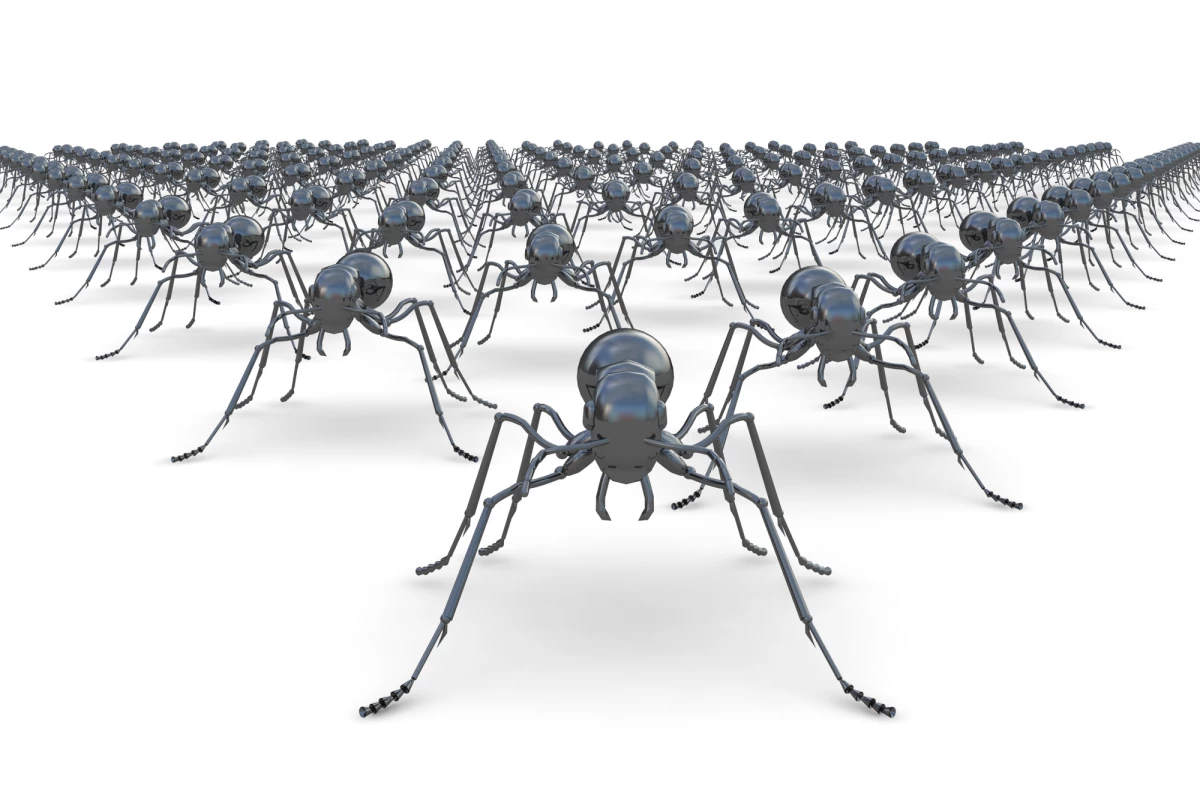The next time an inquisitive four-year-old asks how many ants there are on Earth, you can be ready to fire back a specific number. Researchers in Germany have scoured the scientific literature to come up with an answer to that question, as well as the inevitable follow-up – how much do they all weigh combined?
The scientists, from Julius Maximilians University (JMU), say they started the study because there hadn’t been a reliable estimate of the total number of ants on the planet, or how common they were in different habitats. So the team took on the momentous task of counting up these industrious little insects themselves.
It wasn’t just a matter of taking an abacus around to every anthill on the planet. Instead, they consulted 489 scientific studies discussing the matter, covering all continents and habitats, and from that data they calculated what they say is a conservative empirical estimate.
According to the team, there are almost 20 quadrillion ants on Earth right now. That’s a 20 followed by 15 zeroes, which is a number that’s hard to really get your head around. Put it this way – there are 2,000 times more ants on Earth than there are stars in our galaxy.
The team went a step further and estimated how much all these ants would weigh together – about 12 million tons. That’s more than the total mass of all wild birds and mammals combined (except us humans). Conclusion: that’s a hell of a lot of ants.
So how are they spread across the planet? As might be expected, the researchers found that ants are concentrated at the tropics, with forests and deserts housing higher amounts and urban environments having less. Polar regions are essentially ant-free.
It may sound a bit frivolous, but this study wasn’t just a matter of satisfying the curious kid in us all. The team says that since ants play such an outsized role in their ecosystems, it’s important to understand their distribution and how they might be affected by climate change.
"Per hectare, ants move up to 13 tons of soil mass per year," said Patrick Schultheiss, co-lead author of the study. “So they have a great influence on maintaining the nutrient cycle and also play a decisive role in the distribution of plant seeds.”
The research was published in the journal PNAS.
Source: JMU




